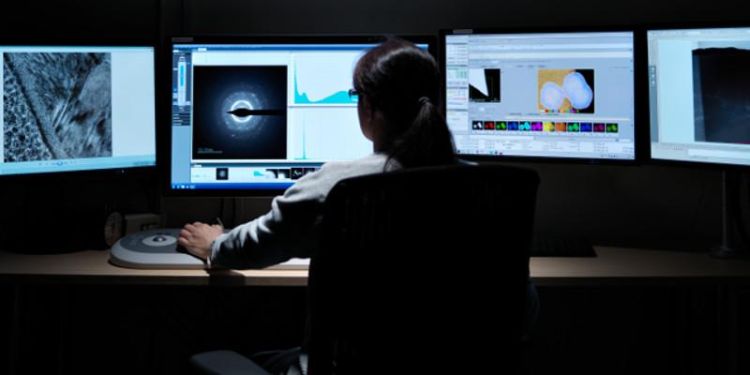Centres for Doctoral Training

What is a Centre for Doctoral Training?
Centres for Doctoral Training (CDTs) aim to train tomorrow's leading researchers to address science related problems for the benefit of society. Doctoral Training Programmes (within CDTs) provide structured PhD training. There is a focus on multidisciplinary challenges in modern science, with groups of doctoral students working as a group in a defined scientific area.
How long does a CDT programme last?
Each programme varies in structure, but usually lasts for four years. The first 18 months is an intensive period of learning, which includes taught modules and a research project. During the four years, you will develop high-level expertise in a particular topic but with the excitement of working in multidisciplinary environments.
Centres for Doctoral Training
Academics within Engineering and Physical Sciences are leading the following CDT:
Future Fluid Dynamics: measure, model and predict fluid flows that are critically important to the innovation of processes and products across all industries, and to monitoring and predicting environmental processes.
Partner Doctoral Training Centres
- CEDAR Cyber-Physical Systems for Medicines Manufacturing led by the University of Strathclyde
- SATURN Nuclear Energy led by the University of Manchester
- Materials 4.0
You may also be interested in the following funded programmes:
- Yorkshire Environmental Sciences Doctoral Training Network (YES.DTN)
- Understanding Uncertainty to Reduce Climate Risks (UNRISK) Centre for Doctoral Training
- Bragg Centre for Doctoral Training in Materials Research EPSRC DTP
Past Centres for Doctoral Training (no longer recruiting)
- Water and Waste Infrastructure Systems Engineered for Resilience (Water-WISER)
Contribute to the generation of new knowledge about sustainable water, sanitation and waste management services to aid the poorest and most marginalised people globally. - Artificial Intelligence for Medical Diagnosis and Care
Help to transform cancer diagnosis and care through the application of Artificial Intelligence (AI). - Molecules to Product
Design, characterise and develop the next generation of chemical and material-based products with the potential to deliver superior performance and properties. - Panorama NERC Doctoral Training Partnership
- Centre for Satellite Data in Environmental Science (SENSE)
If you would prefer to undertake a standard PhD, visit phd.leeds.ac.uk to search our project ideas, funding opportunities, research areas and PhD supervisors.
Many of our centres are funded by the Engineering and Physical Sciences Research Council (EPSRC), which is the main UK government agency for funding research and training in engineering and the physical sciences.

